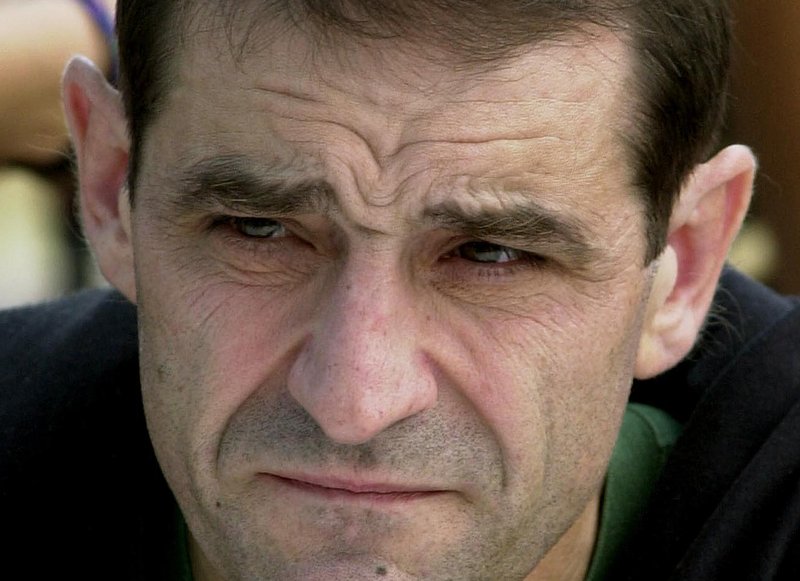SALLANCHES, France -- A longtime chief of the Basque militant separatist group ETA was arrested Thursday in a French Alps town after being on the run for 17 years, Spanish authorities said, announcing the capture of a man accused of crimes against humanity.
Jose Antonio Urruticoetxea Bengoetxea, known by the alias Josu Ternera, has been the most-wanted ETA member since 2002. Interpol, the global police body, had issued a red alert against him. Spanish authorities also accuse him of multiple killings and belonging to a terrorist organization.
ETA, whose initials stand for "Basque Homeland and Freedom" in the Basque language, killed more than 850 people during its decades-long violent campaign to create an independent state in northern Spain and southern France. The militant group gave up its arms in 2017 and disbanded last year after being weakened by a sustained police effort to dismantle its operations and arrest its leaders.
Spain's Interior Ministry said Ternera's arrest took place early Thursday in Sallanches, a town of 16,000 people in the French Alps, with French intelligence services and Spanish Civil Guard agents taking part. Spanish authorities said Ternera, 69, had been living near Saint-Gervais-les-Bains, a French winter sports haven close to the borders of France, Switzerland and Italy.
The Paris prosecutor's office said Ternera was arrested by France's domestic intelligence service DGSI, based on a 2017 French conviction in absentia for involvement in a terrorist group. That verdict carried a sentence of eight years in prison and barred him from French territory.
Police took Ternera to the courthouse in nearby Bonneville, where he appeared before a French judge who approved having him remain in custody. Police then marched out Ternera -- with a hood covering his head -- into an unmarked police car to go to the Bonneville prison.
Prosecutors said he will be taken before the Paris prosecutor's office today. Since he was convicted in absentia, Ternera has the right to request a new trial. Bonneville prosecutor Patrice Guigon said Ternera had a lawyer in Paris but did not identify the attorney.
Guigon said Ternera had been in the region "for at least several days." He said he was seen Thursday by a doctor for an unspecified "medical problem" but that the condition was not so severe as to keep him out of prison.
Spain will ask France to extradite Ternera to stand trial for his alleged crimes before he completes his prison sentence there, according to Interior Minister Fernando Grande-Marlaska.
"The arrest of Josu Ternera has been a maximum priority," Grande-Marlaska said. "The collaboration and cooperation with French police and courts has been a decisive element in this victory of the rule of law over the ETA terrorist organization."
Spanish Prime Minister Pedro Sanchez said the end of the ETA showed that "our commitment against terrorism and for a peaceful coexistence of all people is eternal."
Carmen Ladron de Guevara, a lawyer representing an association of ETA's victims, said Ternera was a "macabre symbol."
"He is one of the most symbolic members of ETA," he said. "I started to receive calls from the victims early this morning and one of them told me: 'Finally.'"
In response to Thursday's arrest, the elected leader of the Basque Country region in northern Spain, Inigo Urkullu, said Basque society had moved beyond its painful past.
"Basque society is moving toward the future ... but with a critical view toward its past and a commitment in the present and future to respect human rights and pluralism," Urkullu said.
Information for this article was contributed by Alicia Leon, Joseph Wilson and Angela Charlton of The Associated Press.
A Section on 05/17/2019

